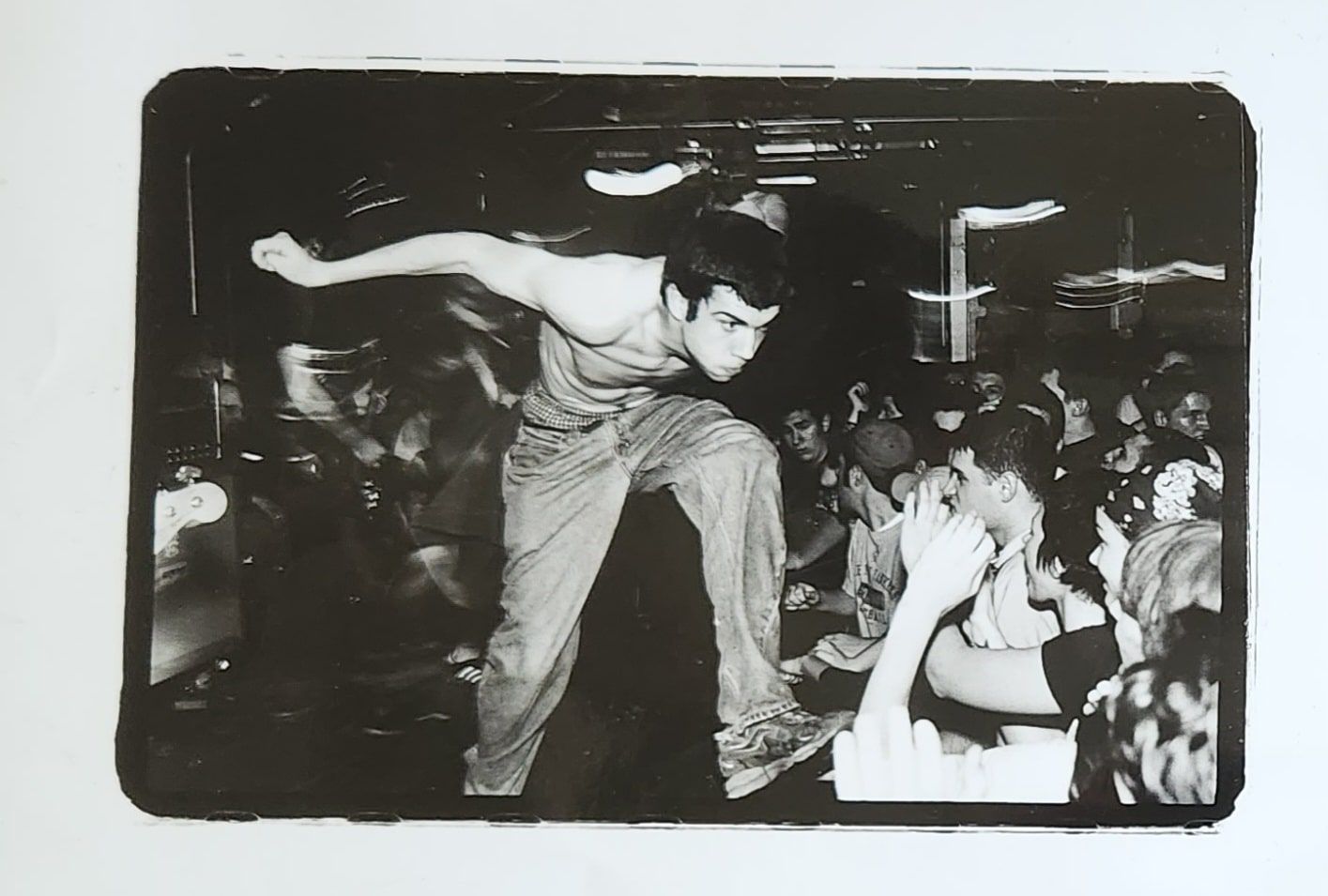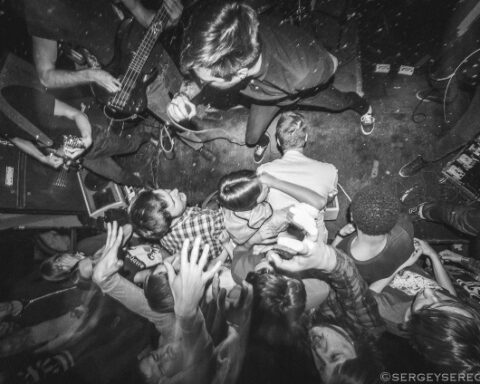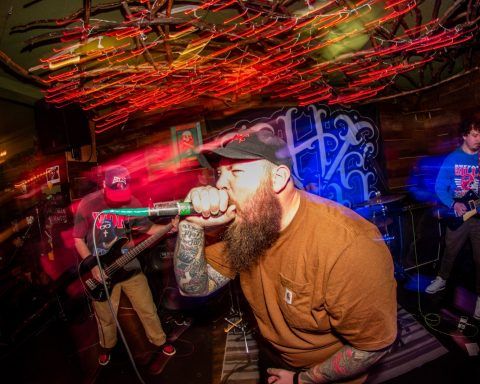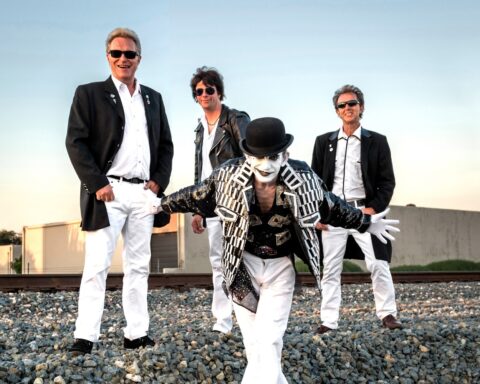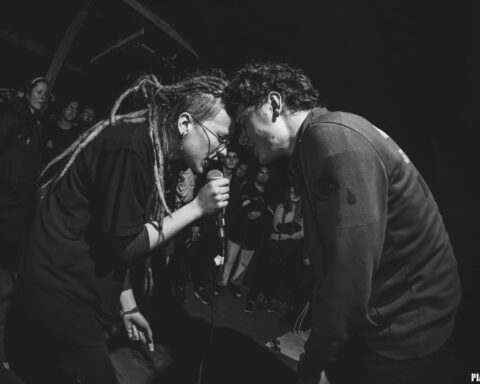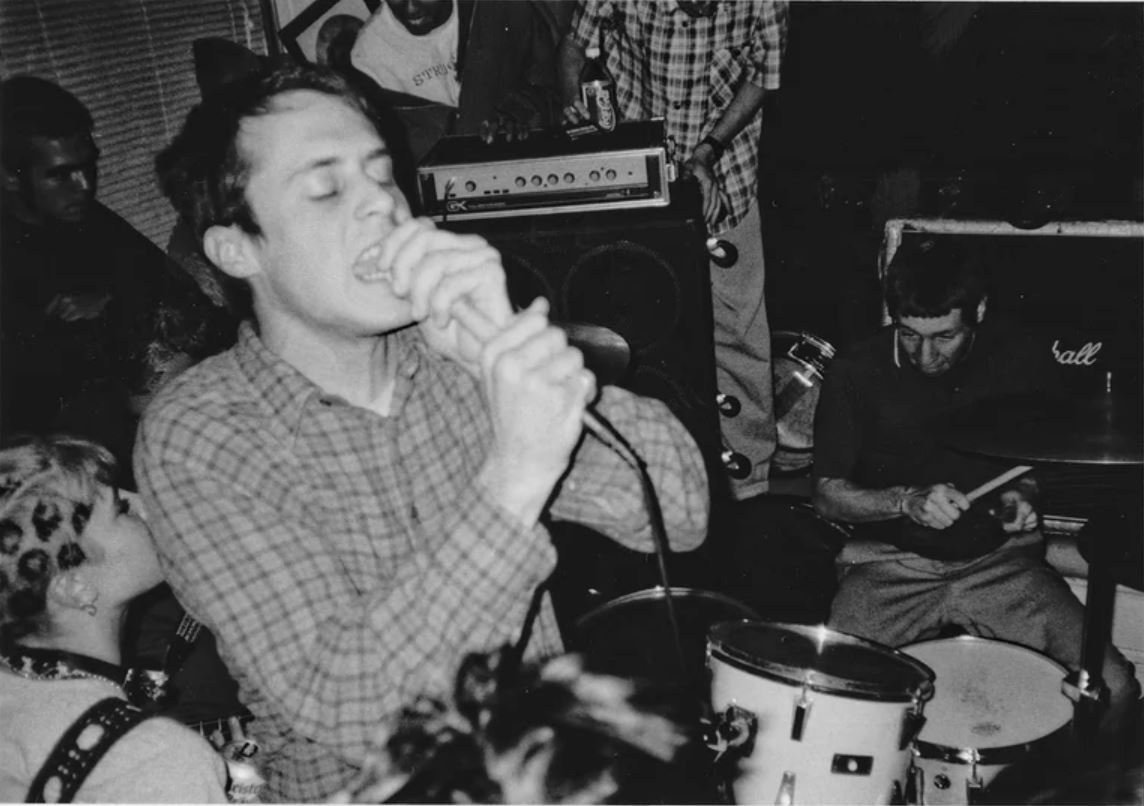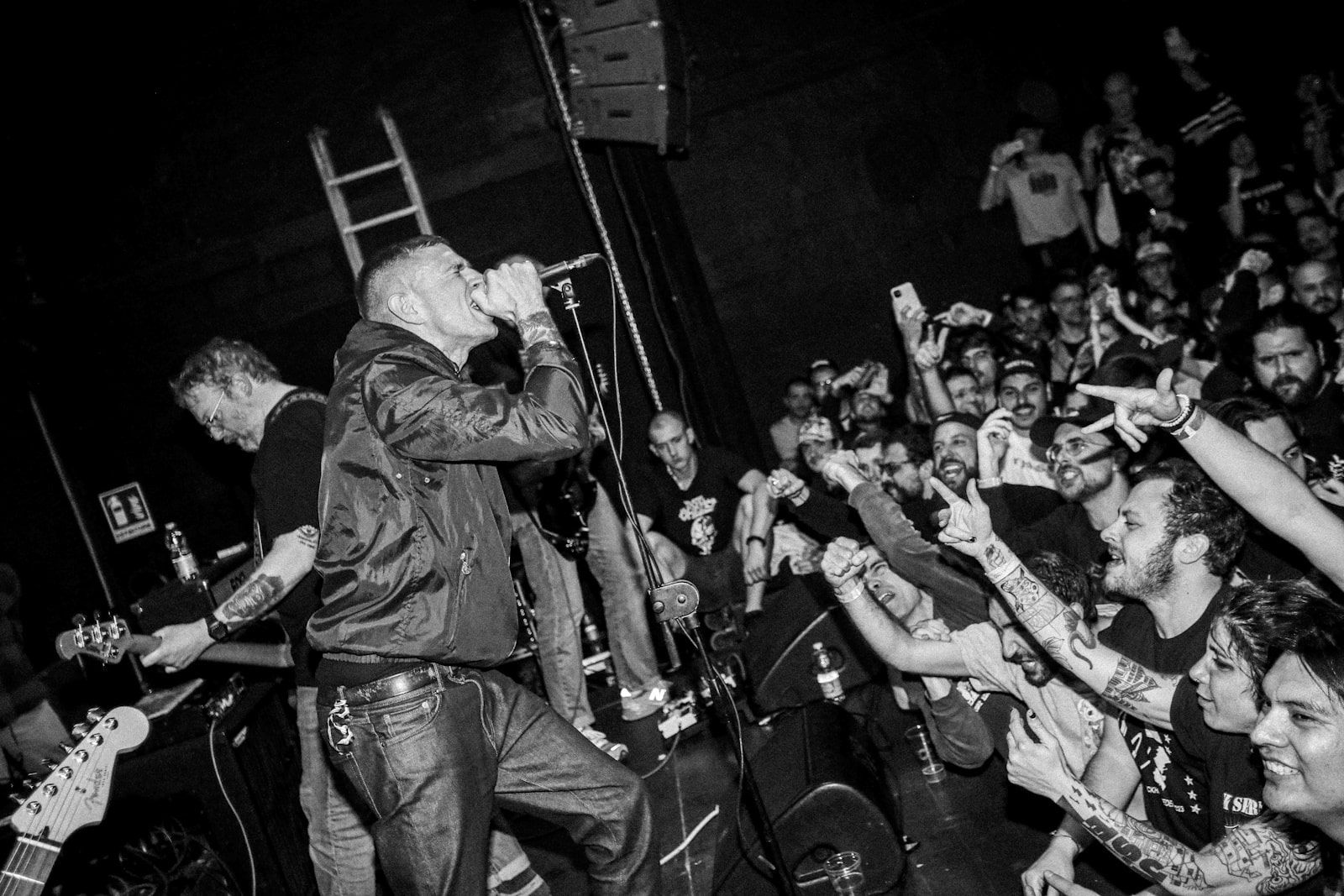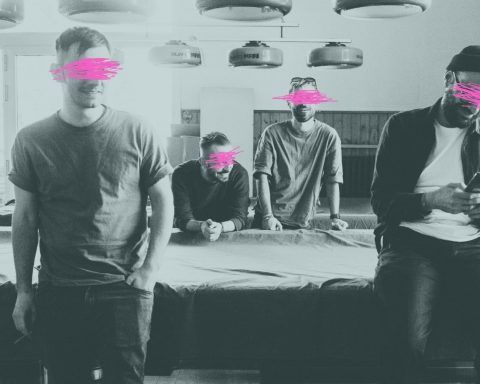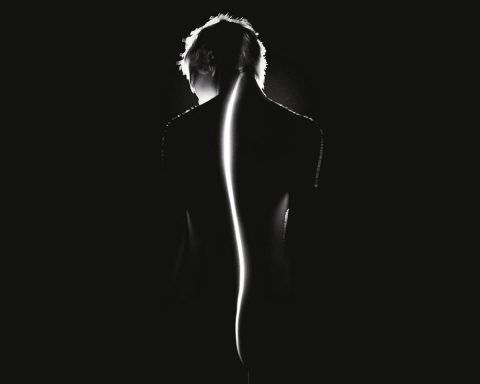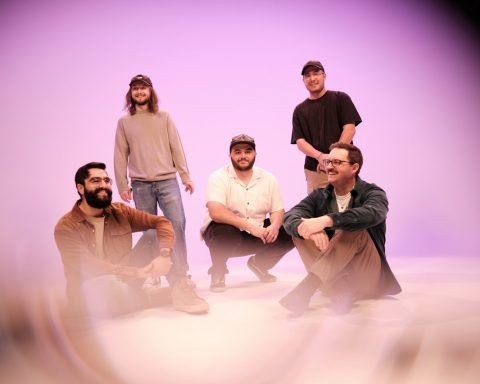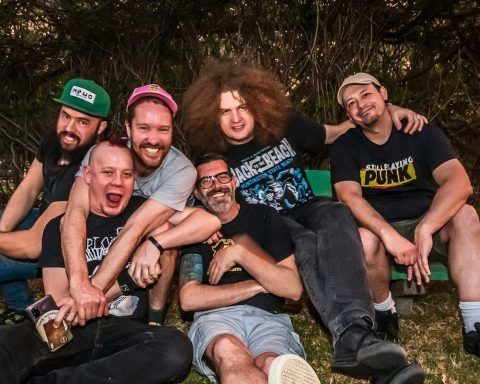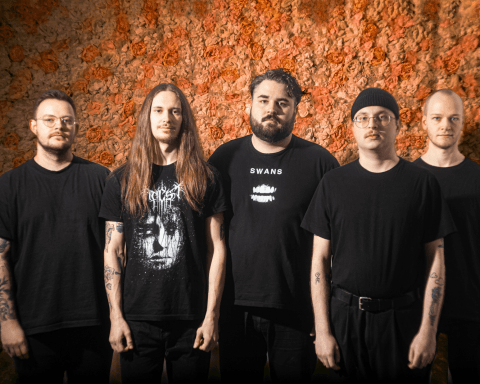We recently had the pleasure of engaging in a compelling discussion with Josh Lyons, a respected figure who has been at the heart of the Rochester, NY hardcore punk scene for an impressive three decades. Josh shares his experiences from the early days of punk in Rochester and how the scene has transformed over the years. With the inception of two podcasts — The Hardcore Archive Podcast and Spreading The Hardcore Reality—Josh has provided a platform for both local and global hardcore punk talents, promoting a plethora of new releases to fans worldwide.
In this interview, we explore the driving force behind his leap into podcasting, the influence of his musical background on the curation of his podcasts, the occasional challenges, the tools of his trade, and his method of discovering fresh music to feature.
Josh also talks about keeping his podcasts captivating for listeners, recommends a few of his favorite podcasts in the punk and metal, and reveals exciting future plans for both his podcasts.
As a long-term participant in the Rochester hardcore punk scene, can you share some standout moments from your early days as a rookie scenester? Any recollections that encapsulate the spirit and energy of your local scene you’d like to mention?
From 1995-1997, I quickly immersed myself in the Rochester hardcore punk scene. I went to as many shows as often as possible those first few years, and for many years after. Our scene was relatively small then, but it was a tight knit community full of people that would end up being in some great bands. The thing that attracted me to hardcore punk immediately was the DIY aspect. As a teenager, I was in a few bands, booked shows, ran a record label, and I had a fanzine. Many of my contemporaries during these formative years had similar interests. Looking back on it, I’m sure we were all influencing each other.
How has this scene evolved over the years?
In the late 1990s, we had a few bands that started to release more records and gained a bit of notoriety in this area. Bands like Standfast and Break of Dawn were influential on future generations here starting bands and going on tour around the world.
Later on, we had bands like Polar Bear Club and eventually Such Gold touring the world. Currently, our city has a pretty diverse group of bands. A few bands that are worth checking out are Only Shallow, Hard To Know, The Weight We Carry, Who Decides, and Worldpurge.
What was the initial catalyst that drew you to the medium of podcasting? Can you describe your journey from being an active participant in the hardcore scene to becoming a podcast host? How have your organizational ventures in the past, both within and outside the music scene, shaped the way you run your podcast today?
I had ideas of starting a podcast for a couple years before I actually created my first episode. I wanted to do a podcast about hardcore, but I wasn’t sure exactly where to begin. Like a lot of people around the world, I ended up having some free time for a few months in the Spring of 2020. Since we were all locked down, I knew it would be easy to set up some interviews. Initially, I found it easier to interview my friends from the local scene. I thought a conversation would sound more natural with someone I knew. Within a few months, I was interviewing people I had never met before. That podcast was initially called Enterprise Hardcore Podcast.
In November of 2022, my friend Greg Benoit came on board and we rebranded the podcast as The Hardcore Archive Podcast. Every week we interview someone from the hardcore scene. I also recently started a podcast called Spreading The Hardcore Reality. Each episode features around 15 new hardcore punk songs from bands from all around the world.
Given your years of experience in the scene, how has your background in music influenced the way you curate your podcasts?
That’s actually a really good question. I have a particular style of hardcore that I prefer over other styles. A lot of times, I have to remind myself that I’m making this new podcast for the listeners and not just myself. While I prefer traditional NYHC music, I try to make sure I play a variety of different bands on Spreading The Hardcore Reality.
What are some of the challenges you have encountered in running these podcasts? Have there been any particular episodes or technical issues that tested your problem-solving skills?
With The Hardcore Archive Podcast, we haven’t had too many technical difficulties. We’ve had a few guests that wanted things to sound a certain way, but that’s understandable. Spreading The Hardcore Reality is still pretty new. I haven’t had too many issues there, yet.
Could you tell us about the tools that have proven indispensable in managing and producing your podcasts?
Thankfully, in 2023 modern technology and the apps available to us have made podcasting very easy. The site we use created our RSS feed for us and distributes to most major platforms for us. For The Hardcore Archive Podcast, I was editing everything in Garage Band until I partnered up with Greg Benoit on the podcast. He uses Garage Band as well, but I think he’s a little more knowledgeable of the editing process. For Spreading the Hardcore Reality, I keep things very simple. I want the music to speak for itself on that podcast.
Have you incorporated any unconventional ideas or approaches to keep your podcasts fresh and engaging for your listeners?
I don’t know if any if them are unconventional, but after listening to many podcasts myself, I just try to make podcasts that I would want to listen to. I try to keep things entertaining for our listeners on both podcasts. I know that listening to interviews can be kind of boring if you don’t have an engaging guest. One thing we are starting to do on The Hardcore Archive Podcast is to interview more international guests. I think that all too often our home country of the USA becomes the major focus for hardcore music. Now more than ever, this is a worldwide phenomenon with new bands forming everywhere.
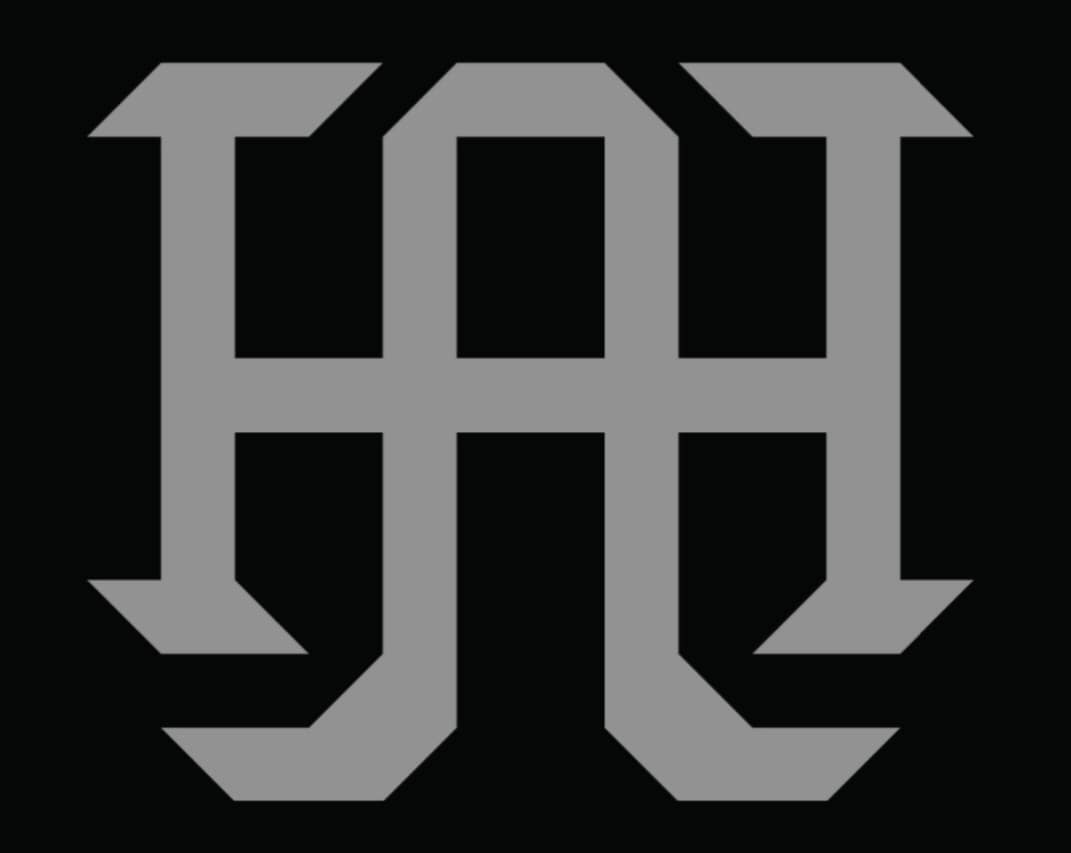
Can you recommend any other punk and metal-related podcasts that have caught your interest recently?
My favorite podcasts from this genre are Nickel City Soundtrack, This Is Hardcore, and HardLore. There are a lot more great podcasts like these. I actually listen to wrestling and rap music podcasts more than anything else.
With your focus on underground and alternative music, how do you go about discovering new bands and tracks to feature in your podcast? Given the surge of new hardcore music releases, how do you select which ones to feature in your podcast?
This has been a process that changes as more and more releases come out. Lately, I check Bandcamp every day. I will click on “hardcore” and “hardcore punk” tags under new releases to see what’s available.
There’s a few websites like this one that are worth reading for new music. I check social media a lot and I even have a few YouTube channels I will check just to make sure I didn’t miss any new releases.
I listen to pretty much anything that is considered hardcore punk when it first gets released. I try to mix up the hardcore and punk genres on Spreading The Hardcore Reality. I also try to find as many brand new songs as possible. Lately, that has been pretty easy with new releases coming out every day. I welcome submissions as well.
Finally, what can listeners expect from your podcasts in the future? Are there any exciting plans or changes on the horizon?
With The Hardcore Archive Podcast, we plan to interview more international bands. I have noticed in recent years that the quality of hardcore punk in some countries is top notch. With Spreading The Hardcore Reality, I plan to keep playing all new music. I might play some more “established bands” on that podcast moving forward, but the focus will always be on lesser known bands.
Thank you for the opportunity to talk about what I do.



